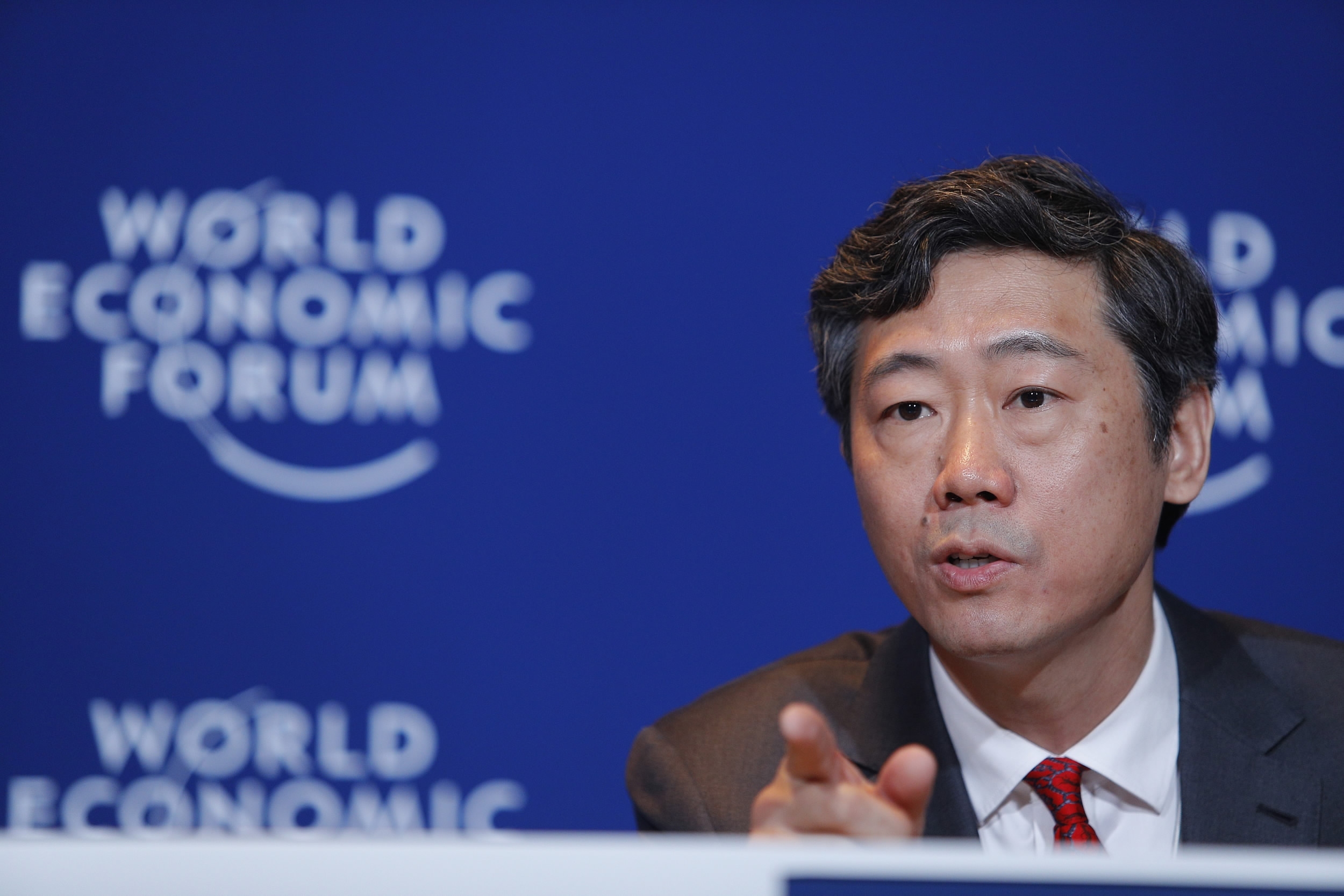The Annual Meeting of the New Champions 2017, or Summer Davos, opened in Dalian, northeast China’s Liaoning Province on Tuesday, with around 2,000 participants from 90 countries and regions discussing intertwined global challenges.
Li Daokui, dean of Schwarzman College at Tsinghua University, addressed many key issues China is facing against the backdrop of current world economic problems. He said in a panel discussion that the pressure of yuan depreciation will be moderate in the next few years, as long as there is no major upheaval caused by the Trump administration.
China should not listen to Moody’s downgrade on credit ratings
Li, also Mansfield Freeman Professor of Economics and Director of the Center for China in the World Economy (CCWE) at Tsinghua University's School of Economics and Management, said on Tuesday with an economy this big should not listen to a “small company’s comments”. He slammed those who assessed China’s economy at Moody's as just “several young adults who have recently obtained an MBA degree”.
“Do they understand China?” Li insisted.
Moody’s Investor Service downgraded China’s credit ratings in March, saying it expects the financial strength of the economy will erode. It was the first time in nearly 30 years for Moody’s to downgrade China’s credit ratings.
Chinese financial market more open to foreign capital

File Photo: Li Daokui, a professor at Tsinghua University, in World Economic Forum in June, 2016. He holds a PhD in economics from Harvard University. /CFP Photo
Li said that the opening up of China’s financial market consisted of two parts – the opening up of financial services, and the opening up of capital flow.
“Local enterprises have advantages in service fields such as consulting, retails and logistics. It’s rare for foreign companies to succeed in these fields.”
“The next round of opening up could be for allowing foreign capital backed [companies to come in to China],” Li said. “We have always had Chinese stakes that are more than 50 percent behind investment banks, now I think soon, even 100 percent foreign capital backed investment banks will be allowed soon in.”
Digital currency should be created by governments, not private sector
Li also commented on the recent trend of encrypted currencies. He said he believes digital currencies will be created only by governments in the future. "If the US government is still here, the Chinese government is still here, they won’t allow anyone to create currencies other than themselves," said Li. “Governments will be the first one to create digital currencies.”
“The central bank might issue digital currencies in the future, but they won’t allow any individuals,” Li said.
Related stories:
Premier Li: Inclusive growth is key to sustainable development
Klaus Schwab: 'Globalization in its old form has come to an end.'










